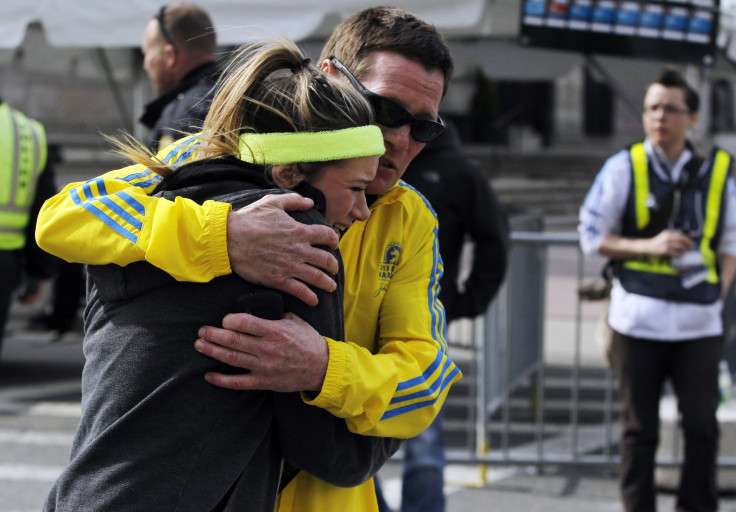Boston Marathon Hero Underlines Rising Dominance Of Indian Doctors In US

An Indian-American surgeon who treated wounded people after bombs blasted the Boston Marathon on Monday has become one of many heroes of this ongoing tragedy.
Dr. Vivek Shah, who works at New England Baptist Hospital in Boston as an orthopedic surgeon, ran in the marathon until the explosions at the finish line demanded use of his medical skills.
Shah provided first aid to a number of victims amid the engulfing chaos.
"All the runners and spectators started running toward us, away from the finish line. But my entire family, my wife, my daughter, my parents and my sister were all at the finish line. So I started running toward where I heard the boom," Shah said, according to WCVB.com of Boston.
"People with traumatic amputations, one leg, both legs, it just looked like everyone was in shock. If you look into the victims' eyes, they didn't really know where they were. I've never seen that quantity of injury in one place.”
Shah’s efforts came just prior to the arrival of more medical personnel to the scene.
"I just tried to see if anyone needed any emergency care, if anyone was bleeding out,” he said. “We put on some makeshift tourniquets. As soon as the area was stable with lots of personnel, I tried to find my family, because my biggest concern was that one of the faces that I'd see would be theirs.”
Shah is just one of thousands doctors of Indian origin in the United States.
While Indians account for less than 1 percent of the total U.S. population, they represent about 9 percent of all the country’s physicians, according to the Indian Medical Association of Southern California (IMASC)
“Indians dominate the medical profession in the U.S., and they will continue to excel in the future because those who are joining this profession are even more passionate about it,’’ said Dr. Vandana Agarwal, president of IMASC.
Forbes magazine commented in an issue in 2009: “The over-representation of Indians in these fields (engineering, IT and medicine) is striking -- in practical terms, your doctor is nine times more likely to be an Indian-American than is a random passerby on the street.’’
Dr. Agarwal does not buy the assertion that the younger generation of Indian-Americans will gravitate away from the medical professions.
“I don’t agree that this profession is any less popular among Indian-Americans,” she said. “This is still a noble, respectable profession. It is very rewarding. … we are in a service industry. In fact, the second generation of Indian-Americans is doing exceptionally well in this profession. Look at Dr Sanjay Gupta of CNN. … see how much he has achieved.”
© Copyright IBTimes 2025. All rights reserved.





















